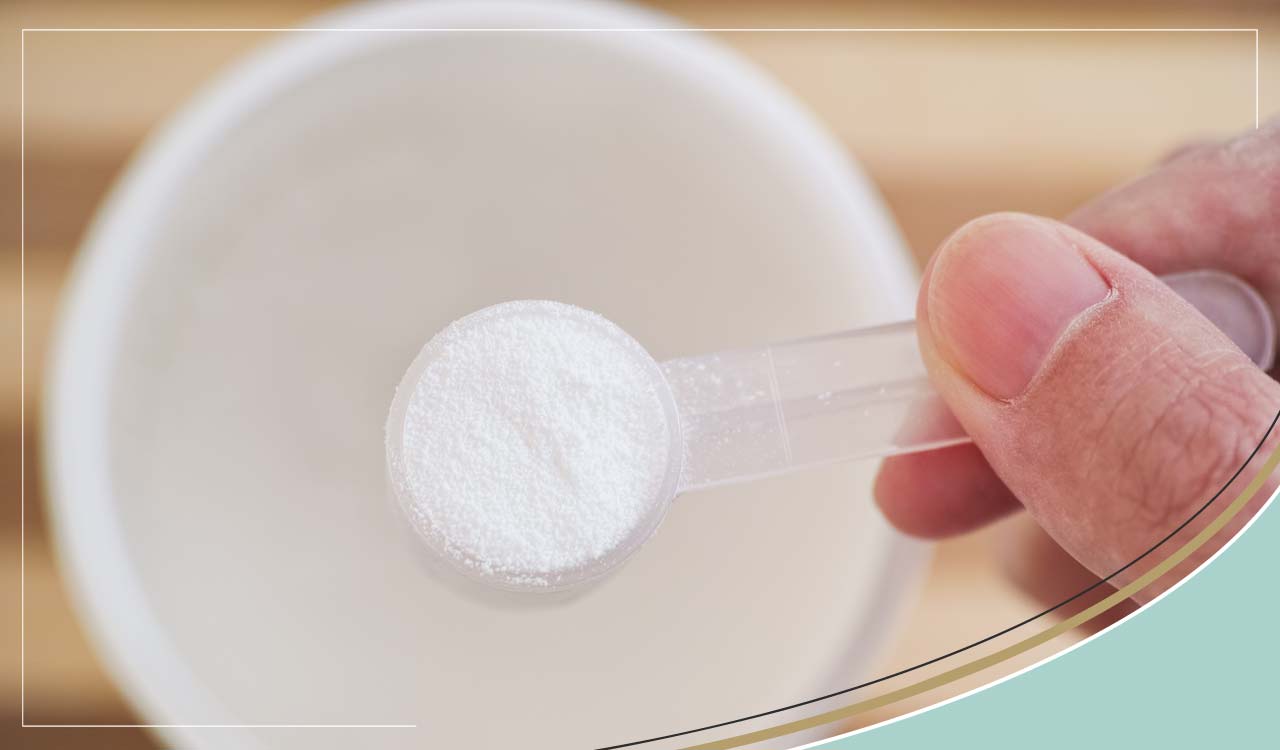Using D-Ribose for a healthy heart

D-Ribose is a simple sugar with a lot of power. It is one of the building blocks of RNA (genetic material) and also the basis for production of adenosine triphosphate, otherwise known as ATP. ATP is the compound we use to supply energy to our skeletal muscle and heart. Every cell in the body uses ATP for processes such as respiration, digestion and tissue regeneration. Our body makes its own D-Ribose from food but this is a slow process, and the levels deplete in those who exercise at extreme levels or worse, those suffering from cardiovascular issues.
In fact, D Ribose is cited in research as an essential nutrient for protection and recovery in cardiovascular disease. A study in The European Journal of Heart Failure shows that ribose appears to improve heart function and quality of life among patients by increasing levels and availability of ATP.
In a study cited below, 16 class III-IV, heart failure patients were supplemented with 15 grams of D-Ribose daily for eight weeks. The results were that D-Ribose supplementation improved the ventilation efficiency in advanced heart failure patients by 16% and Vo2 by 19%.
There is a short amount of time in which you can help repair your body following a heart attack. Ischemia (restricted flow of oxygen/blood) can cause massive depletion of ATP in the heart muscle. Depletion in ATP can result in the reduction in diastolic function meaning that the heart takes in less blood when it relaxes.
D-Ribose helps myocardial cells, restoring ATP, increasing contractions and increasing the amount of blood flow into the heart, thus preventing “reperfusion injury” and free-radical damage to the tissue.
Prevention each day would be better, but with sugar?
Although ribose is called sugar, ribose is metabolised in an entirely different way to regular blood raising sugars, such as glucose, fructose, and sucrose. Our bodies use sugars to fuel ATP turnover, but while other sugars increase blood glucose levels, and create spikes in insulin secretion and weight gain, ribose does not. On its own, ribose causes a minor decrease in blood sugar levels. When taken with other carbohydrates ribose can help modulate blood sugar spiking.
When should you consider D-Ribose supplements?
- If you want to protect against age-related issues, such as deterioration of mitochondria and degenerative heart conditions.
- If you take statin drugs, D-Ribose can help with associated myalgia.
- If you suffer from high blood pressure.
- If you use positive inotropey drugs (drugs that increase heart function such as Digoxin)
- If you suffer from arrhythmia
- If you suffer from angina
- If you suffer from peripheral vascular disease
- If you are recovering from cardiac surgery
- If you want to protect your muscles from high-intensity exercise or strenuous activity
How do I take D-Ribose Supplements?
First of all, it is essential to choose a 100% pure, no compromises in production, a high quality product such as Sweet Cures High Energy D-Ribose™ . Next, it is important to take a clinically effective dosage (you may wish to discuss this with your healthcare team who know your situation best). 5 grams equates to a teaspoon of D-Ribose sugar. It can be mixed with water or used in the place of sugar for instance on breakfast cereal. The following broad guidelines that are considered effective will help you choose a dosage:
- 5 grams a day for protecting your heart and muscle health and avoiding muscle pain after strenuous exercise
- 10-15 grams a day if you suffer from mild-moderate heart failure or peripheral vascular disease
- 10-15 grams a day for athletes performing intense training or events
- 10-15 grams a day if you are recovering from a heart attack/heart surgery/ or suffer from stable angina
- 15-30 grams a day if you suffer from frequent angina/dilated cardiomyopathy/advanced heart failure or are awaiting heart transplant surgery ( THIS MUST BE UNDER MEDICAL SUPERVISION).
Seeking Medical Support
It would be helpful to work with a doctor who knows you well and has researched D Ribose and its amazing benefits. However, if you are pregnant or breastfeeding or suffer from diabetes, you MUST seek support from your healthcare provider before taking a D Ribose supplement.
References
Int J Cardiol.2009 Sep 11; 137(1):79-80. doi: 10.1016/j.ijcard.2008.05.025. Epub 2008 Jul 31.
 Free Royal Mail 24 Tracked Delivery - Spend £10+
Free Royal Mail 24 Tracked Delivery - Spend £10+
 Support 01904 789559 - 20+ Years Expertise
Support 01904 789559 - 20+ Years Expertise
 Rated 5 out of 5 on Trustpilot
Rated 5 out of 5 on Trustpilot
















